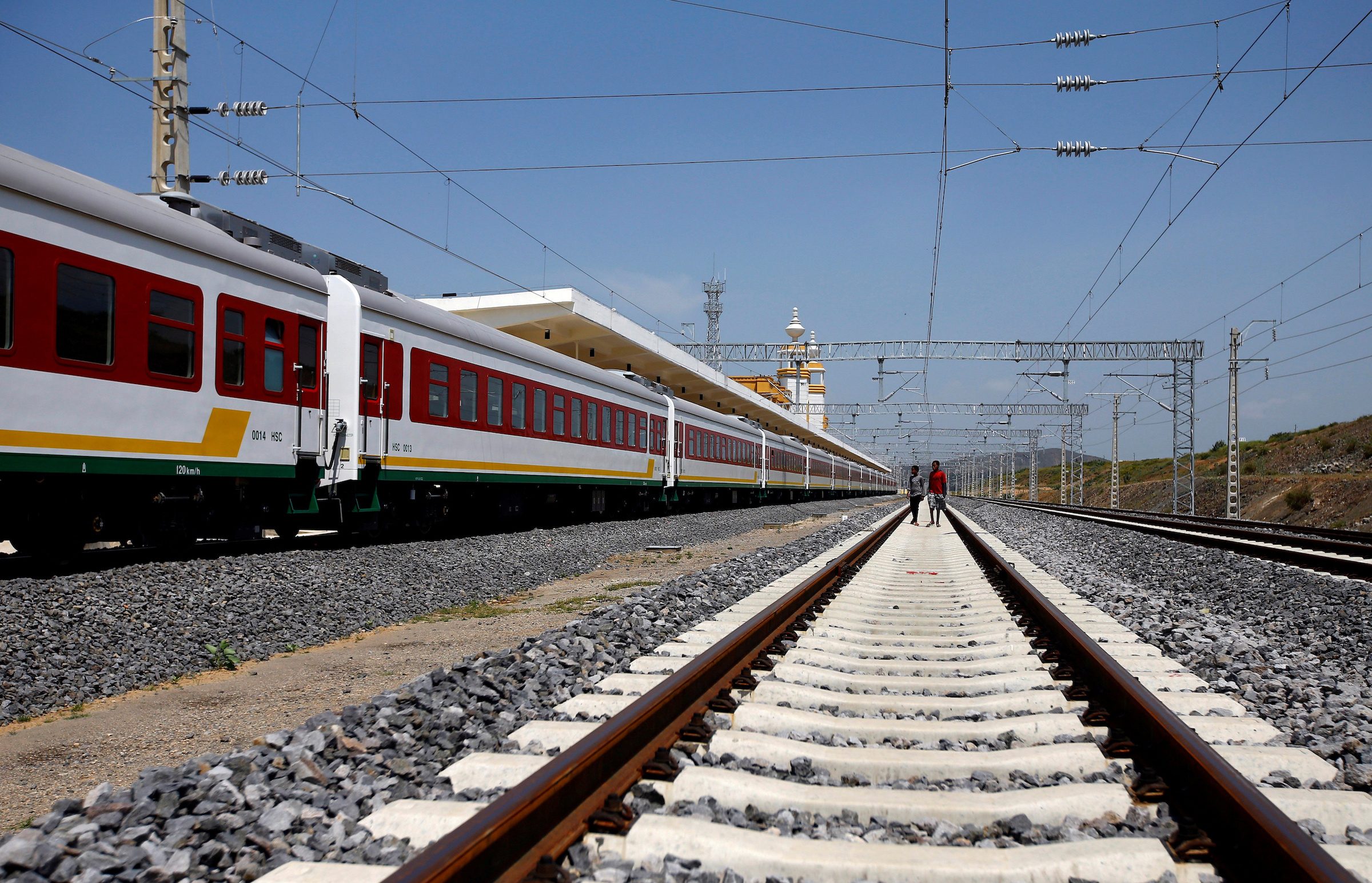SUMMARY
This is AI generated summarization, which may have errors. For context, always refer to the full article.

One year into the coronavirus pandemic, Ethiopia looks set to become a test case for how the world’s poorest countries deal with huge debt increases as the crisis bites.
It could be bad news for their private creditors.
Addis Ababa has signaled it could be the first country with an international government bond to use a new debt relief framework from the G20 group of major economies that encourages governments to defer or negotiate down external debt.
Creditors have mostly continued to get paid during the coronavirus crisis despite its immense pressures. Losses have only been endured in places like Argentina, Ecuador, Lebanon, and Zambia that were heading for default anyway.
Ethiopia’s surprise announcement last week though inflicted the biggest ever daily loss on its sole bond and hit debt issued by Cameroon and Mozambique – both identified by analysts as vulnerable countries potentially facing solvency issues.
Investment company Aberdeen Standard’s Kevin Daly, one of the voices lobbying countries to continue paying their bonds during international discussions over the last 9 months, said he expected this would prompt investors to take a step back and think twice about where they put their money to work.
“It will be painful for all of us involved,” said Daly. “There will be a reassessment of lending, and how much lending investors want to do certainly going forward.”
Credit rating agencies have warned that even delaying the small coupon payments bonds usually provide would be a default. Defaults are problematic because they can cause years of legal wrangling that freeze governments out of capital markets.
Recently, those markets had started reopening for some of 40 or so countries that altogether received around $5 billion of temporary relief under the G20’s Debt Service Suspension Initiative (DSSI) set up last year.
This was helped by the prospect for private sector involvement (PSI) in debt relief seemingly having faded, even as World Bank chief David Malpass continued to criticize creditors for hitching a “free ride” on G20 support.
As yet, there are no firm details on Ethiopia’s debt plans.
A finance ministry adviser told Reuters on Tuesday, February 2, it was too early to say what it would do regarding its sovereign bond, but bondholders know they are in the crosshairs.
The European Network on Debt and Development (Eurodad), comprising 50 non-governmental organizations, calculates DSSI countries are due to pay bondholders just over $6 billion and other commercial lenders $6.5 billion this year – a combined $12.5 billion, not far off the $16.6 billion countries owe to G20 governments.
That $6 billion alone could buy roughly 2.8 billion doses of Oxford-AstraZeneca’s COVID-19 vaccines based on $2.15 a shot.
“The age-old question of whether an IMF (International Monetary Fund) program could become a force for debt restructuring is relevant again,” said Nick Eisinger at Vanguard. “We need to pay attention to the IMF debt sustainability assessment it provides to most frontier (poorer) countries.”
Precedent?
In sub-Saharan Africa, interest payments suck up close to 50% of government revenues for Ghana and around 30% for Nigeria and Angola, S&P Global calculates.
Zambia, Mozambique, Republic of Congo, and Angola have all seen their debt burdens soar above 100% of gross domestic product (GDP), while Morgan Stanley is flagging concerns about Cameroon, Kenya, Costa Rica, El Salvador, Tunisia, Sri Lanka, Laos, and the Maldives.
“The obvious question is who’s next,” said Renaissance Capital chief economist Charles Robertson.
Many countries had seen debt already rise in the run-up to the pandemic, but the economic fallout, shrinking GDP, and a sharp rise in borrowing costs hit especially riskier borrowers hard. COVID-19 saw average government debt in EMEA emerging markets soar to 63.5% of GDP compared to 51.8% in 2019.
There are still a lot of unknowns when it comes to a debt overhaul, however.
Vanguard’s Eisinger hopes that policymakers will push to reprofile Eurobonds rather than inflict full-scale losses or “haircuts” as they are known.
Aberdeen’s Daly hopes value recovery instruments – linked to future revenue streams or growth – could be part of the mix. And some hope countries will just keep paying, judging that keeping their hard-earned access to borrowing markets will be more beneficial in the long term than instant debt relief.
“If you sign up to DSSI and try to push through similar terms on your private debt, you risk your reputation with debt markets,” said GMO sovereign analyst Carl Ross, who was heavily involved in last year’s Argentina and Ecuador restructurings.
“If the official sector backed off from its insistence and rhetoric about private sector involvement [in DSSI], I think there would be much greater take-up.” – Rappler.com
Add a comment
How does this make you feel?
There are no comments yet. Add your comment to start the conversation.